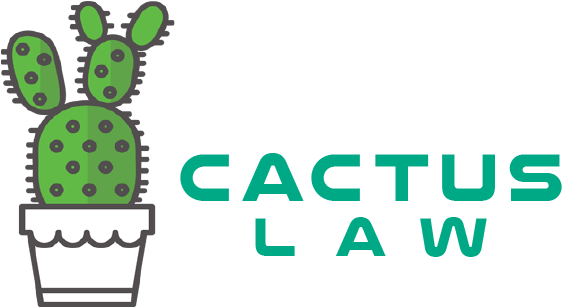The City of Toronto is planning to start taxing unoccupied houses in order to discourage real estate speculators from buying up homes and leaving them empty as locals struggle to find affordable accommodation.
While the federal government has revealed plans to introduce a national unoccupied house tax, local administration has stated that both can coexist and that a federal tax would not prohibit the city from charging its inhabitants.
The executive committee of Mayor John Tory has overwhelmingly endorsed a municipal staff recommendation to introduce a 1% empty house tax beginning Jan. 1, 2022. The plan was presented to council for approval and public discussions will follow.
The vacancy house tax is similar to one imposed by Vancouver in 2018 in response to a housing crisis and low vacancy rates.
The City of Toronto authorized the installation of the new tax on unoccupied Toronto properties on December 16, 2020. The new levy is projected to produce at least $55 million to $66 million in annual tax revenue.
While further information on the tax development process will be released later in 2021, it is believed that Toronto’s vacant house tax will be modeled after Vancouver’s vacancy tax. The latter was enacted by the provincial government of British Columbia in 2016 and went into force in 2017.
Vacancy Tax in British Columbia
Certain unoccupied properties in the city of Vancouver are subject to a 1% – 1.25% tax on the assessed value of the property under British Columbia’s Vacancy Tax Bylaw No. 11674. Unpaid payments linked to the vacancy tax are subject to a 5% penalty.
The vacancy tax in Vancouver applies to any taxable property as defined by the provincial bylaw. Taxable property is unoccupied residential property that is not exempt from taxes and is not exempt from the vacancy tax. Residential property is classified as class 1 property, which includes single-family homes, duplexes, multi-family homes, apartments, and condos.
Vacant property is also defined as residential property that has been vacant for more than 180 days between January 1 and December 31 of the year (“Period”) or as otherwise determined by the rules. A property that is the occupier’s primary residence or is rented out for at least 30 days in a row will not be considered vacant.
Uninhabitable properties that do not qualify for one of the specified exemptions are typically taxed.
Since the vacancy tax went into force on January 1, 2017, all Vancouver homeowners have been obliged to submit a property tax statement each year.
If the homeowner fails to submit a statement or makes a fraudulent declaration, the property is considered empty under the regulations and may be liable to the vacancy tax if the other conditions are met.
Exemptions from Vacancy Tax
There are exemptions from the vacancy tax. Homeowners who are absent from their property for more than 180 days owing to death, property improvements, hospitalization, or a court order are exempt from paying the vacancy tax under the Vancouver bylaw. Additional exemptions apply to some stratum units and property with a restricted legal use.
Homeowners are also free from the vacancy tax if they transferred title during the Period. Furthermore, even if the property is not the homeowner’s primary residence, the vacancy tax is waived if the homeowner occupies the home for at least 180 days throughout the Period.
Audits of Vacancy Taxes
During the pandemic, audits of the vacancy tax were still being undertaken. An estimated 4% of Vancouver residences were audited. Similar audits are likely to be performed with the implementation of the vacancy tax on Toronto homes in 2022.
Taxpayers who own commercial properties, vacant land, property with a section that is uninhabitable, or property that will undergo extensive repairs should factor the vacancy tax into their plans. Evidence problems such as the use of several postal addresses or a lack of tenancy paperwork should also be addressed.
The vacant home tax is projected to produce considerable tax revenue while also increasing housing availability in Toronto. However, if the new regulations apply to them, the tax changes will have an impact on taxpayers in Toronto. If you have any queries or want to look into a tax strategy to avoid the vacancy tax, contact a knowledgeable tax lawyer at Cactus Law today!
Disclaimer
The information presented above is solely for general educational and informational purposes. It is not intended to be, and should not be taken as, legal advice. The information given above may not be applicable in all cases and may not even reflect the most recent authority after the date of its publication. As a result, please refer to all updated legislation, statutes, and amendments. Nothing in this article should be relied on or acted upon without the benefit of legal advice based on the specific facts and circumstances described, and nothing in this article should be interpreted otherwise.
About the Author
Kanwar Gujral is entering his third year at Osgoode Hall Law School in Toronto, Ontario. He has a dedicated interest in real estate, business, and corporate law.

